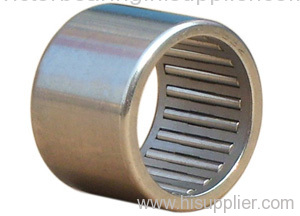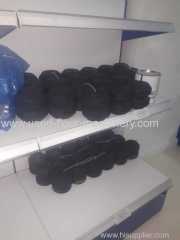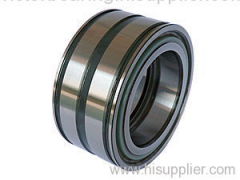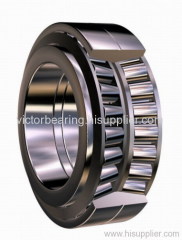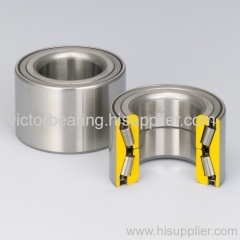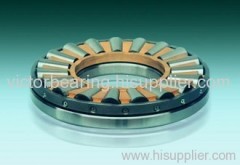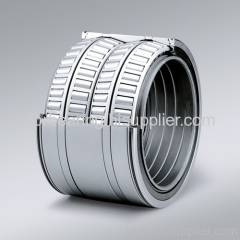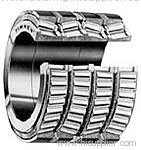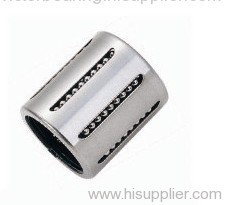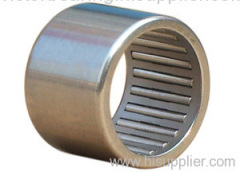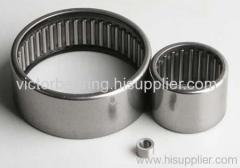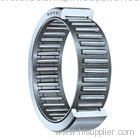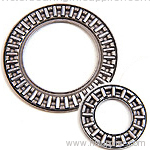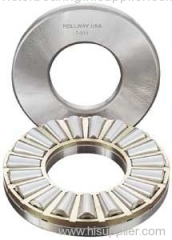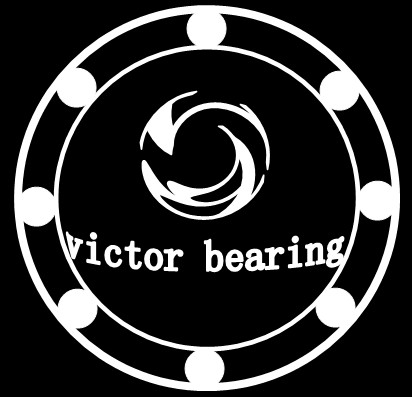
|
Liaocheng Victor Bearing Co., Ltd
|
needle roller bearings1
| Price: | 1.0 USD |
| Payment Terms: | T/T |
| Place of Origin: | Shandong, China (Mainland) |
|
|
|
| Add to My Favorites | |
| HiSupplier Escrow |
Product Detail
Liaocheng Victor Bearing Co.,Ltd is the leading authorized agent and distributor for all kinds of brand bearings for more than 15 years. Such as SKF,
bearing which uses small cylindrical rollers. They are used to reduce friction of a rotating surface.
Needle bearings have a large surface area that is in contact with the bearing outer surfaces compared to ball bearings. Additionally there is less added clearance (difference between the diameter of the shaft and the diameter of the bearing) so they are much more compact. The typical structure consists of an inner race (or sometimes merely a shaft), a needle cage which orients and contains the needle rollers, the needle rollers themselves, and an outer race.
Radial needle bearings are cylindrical and use rollers parallel to the axis of the shaft. Thrust needle bearings are flat and use a radial pattern of needles.
Needle bearings are heavily used in engine components such as rocker arm pivots, pumps, compressors, and transmissions. The drive shaft of a rear-wheel drive vehicle typically has at least 8 needle bearings (4 in each U joint) and often more if it is particularly long, or operates on steep slopes.
Additional clarification of Needle Roller: According to "Marks' Standard Handbook for Mechanical Engineers", a Needle Bearing is a roller bearing with rollers whose length are at least four times their diameter.
Related Search
Needle Roller
Needle Roller Bearing
Axial Needle Roller Bearings
Bearing Needle Roller
Ntn Needle Roller Bearings
Thrust Needle Roller Bearing
More>>

